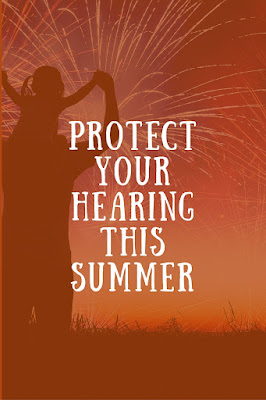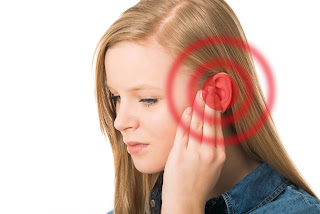Hearing is a something that we often take for granted until we no longer are able to do so with the clarity we once had in our youth. As you age, your hearing naturally loses sharpness. Hearing is a special gift that allows us to connect with the world around us, when that is taken away it can cause people to feel isolated and alone. According the National Institute on Deafness and Other Communication Disorders, nearly “28.8 million U.S. adults could benefit from using hearing aids.”
Hearing aids offer those with hearing loss the ability to reconnect with the world. When you consider the biological function that this tiny device takes on, it should be revered as a technological wonder. Despite their small size, newer devices allow users to stream music and phone conversations directly, utilizing state of the art GPS technology. And while they are a scientific marvel, many devices still utilize a hearing aid battery to maintain power.
Traditional Batteries
The majority of hearing devices sold today rely on standard hearing aid batteries. Even the latest in GPS technology is normally powered with a zinc hearing aid battery which has a lifespan of up to two weeks. When you consider the fact that this device is often being used upward of 12 hours a day, this little battery is really quite long lasting. However, replacing it every 7-14 days can get old quickly.
Rechargeable Batteries
One of the newest advancements in hearing aid technology is the advent of the rechargeable battery. Phonak, is the first hearing aid developer to offer a system that comes with a built-in lithium-ion rechargeable battery. And because the battery is built into the hearing aid, it lasts the lifetime of the unit. After 30 minutes of charging, the system can run for up to 6 hours. And, the best part is, you will never have to change a battery!
Selecting a hearing aid that is right for your needs can be overwhelming. The staff at Better Hearing Systems in Bossier City, Louisiana wants to give you or someone you love the gift of better hearing this holiday season. Contact us to schedule a free hearing consultation, discuss your options and see our full line of rechargeable hearing systems. We can help you choose the device that is just right for you.











